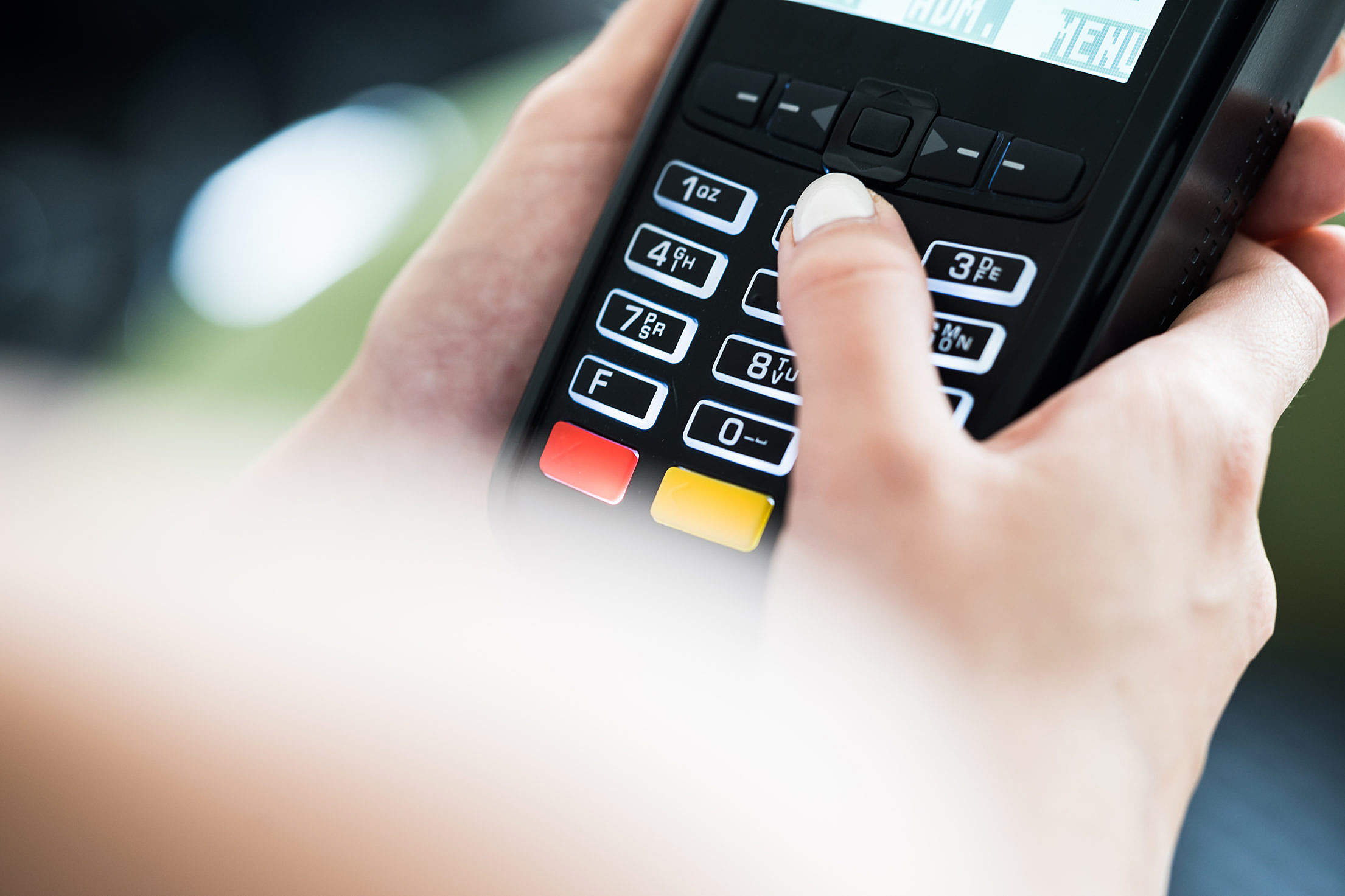

Remember to ensure it's legal both where you operate your business and where your customers are located. It's crucial that you do due diligence and check official government websites and references. Step 1: Research the Fine Printīefore you do anything, ensure it's legal within your local jurisdiction.
FREE CREDIT CARD TERMINAL HOW TO
If you decide “no-cost” credit card processing is right for your business, here's how to set it up.
FREE CREDIT CARD TERMINAL FREE
How to Get Free Credit Card Processing in 3 Steps You'll also need to consider the impact on the customer-no one likes unexpected fees at checkout. Most surcharge fees amount to less than 5% of the total transaction.Īlthough you might be able to pass the cost along to customers, you'll still have to bear the Payment Card Industry (PCI) compliance fees and other associated account costs. Merchants are expected to post signages in their physical or online store to let customers know of their surcharge policy. However, many merchant account providers and payment processors have policies against this. Credit Surcharging: This is when the merchant passes the credit card payment processing fees onto the customer by adding them to the transaction cost.The convenience fee is usually a fixed amount, regardless of the transaction amount and the products the customer purchases. Convenience Fee: This is when merchants add a fee at checkout for customers wanting to purchase items remotely with a credit card.You see this often at gas stations, which might charge a higher per-gallon price for credit card payments than cash purchases.



 0 kommentar(er)
0 kommentar(er)
